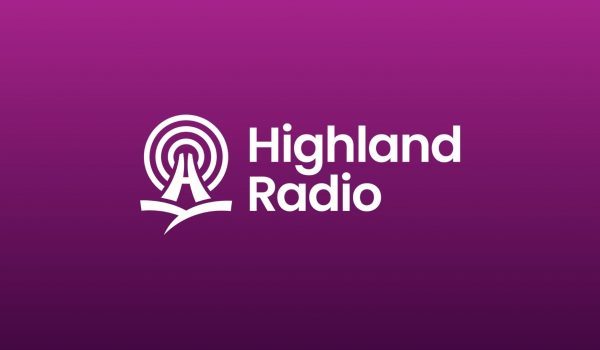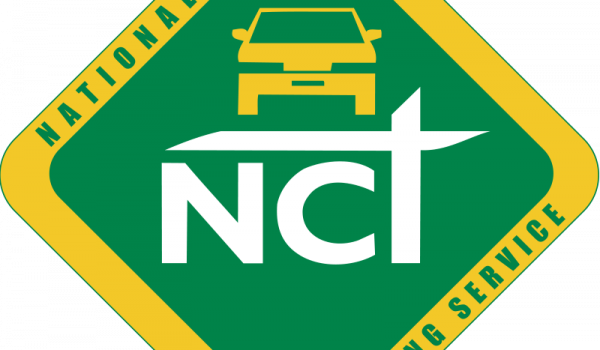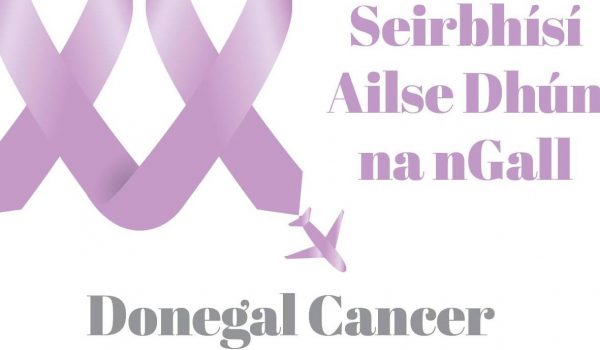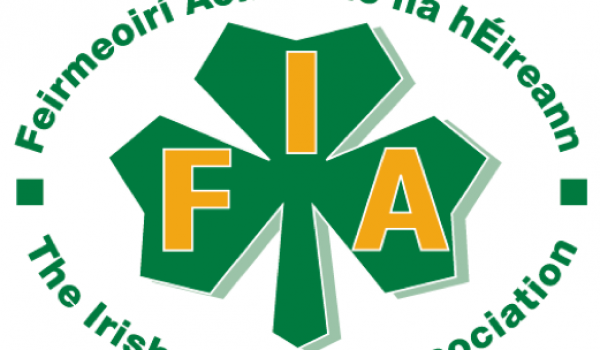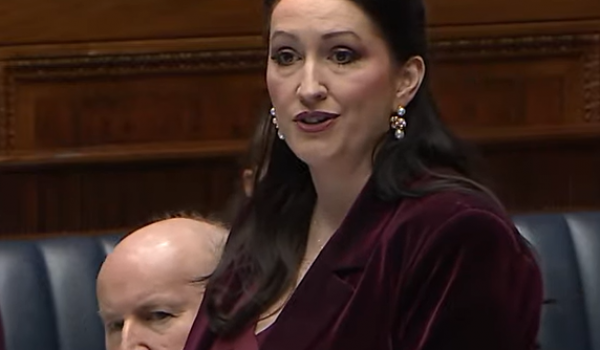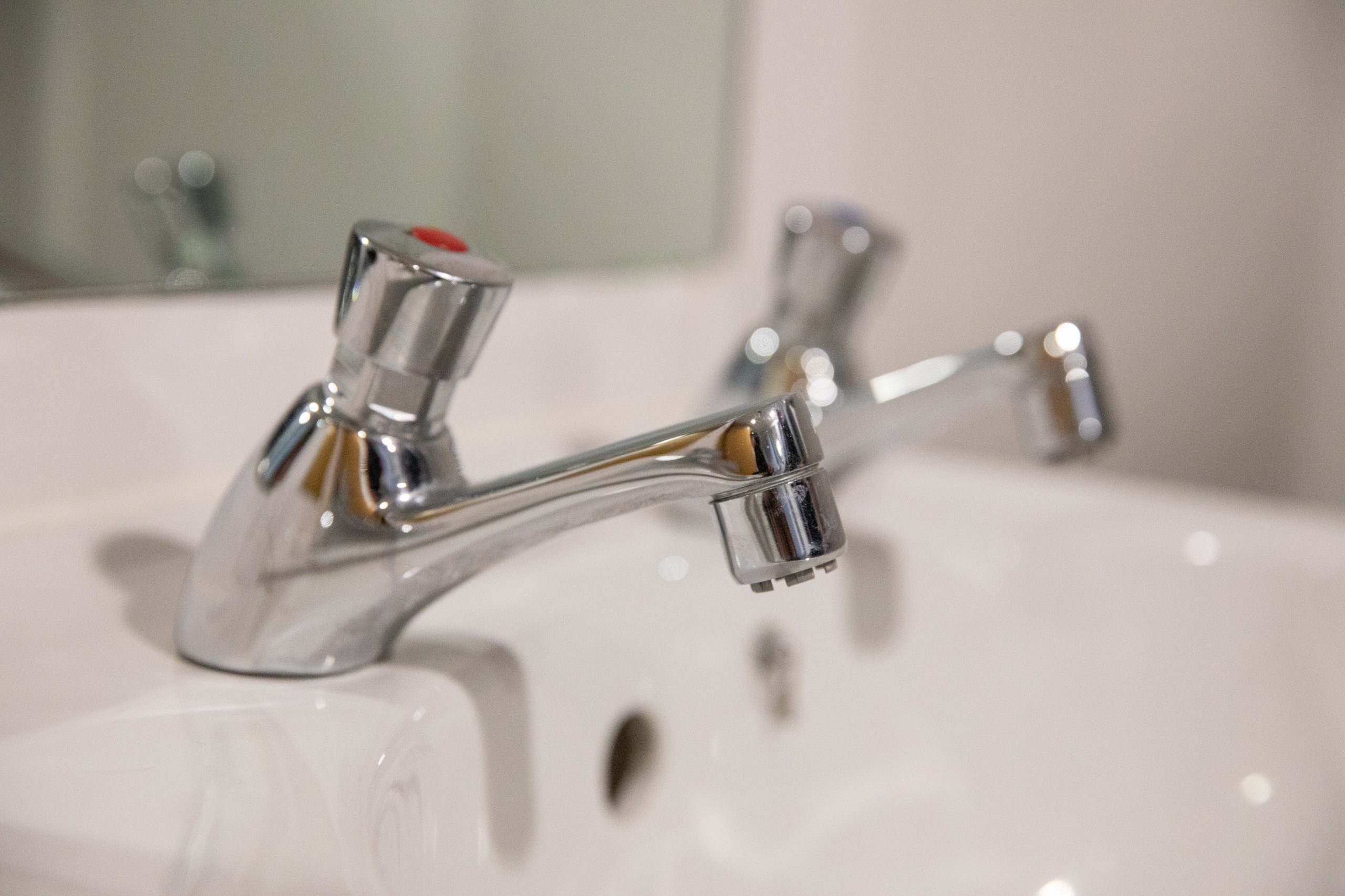
The quality of drinking water in private supplies is not as good as it should be, with E. coli found in 1 in 20 private water supplies. No supplies in Donegal were affected.
Meanwhile Trihalomethane failures were identified in 22 supplies, one of them, Townawilly, in Donegal.
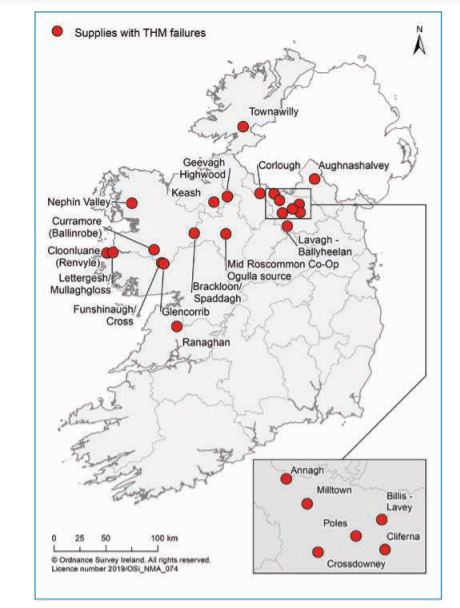
The report also shows that over one quarter of small private supplies, serving food businesses, nursing homes, crèches and B&Bs, were not monitored in 2020.
Noel Byrne, Programme Manager of the EPA’s Office of Environmental Enforcement says there needs to be an immediate improvement……………
Release in full –
- The quality of drinking water in private supplies is not as good as it should be – according to the EPA’s the Drinking Water Quality in Private Group Schemes and Small Private Supplies 2020 report.
- 95 per cent of private group water schemes and 96 per cent of small private supplies complied with E.coli standards.
- 93 per cent of Private Group Schemes complied with the Trihalomethanes standard.
- Over one quarter of Small Private Supplies were not monitored by Local Authorities.
22 February 2022: The EPA today released the Drinking Water Quality in Private Group Schemes and Small Private Supplies 2020 report. Drinking water is provided by over 380 group water schemes to approx. 200,000 people across rural communities. Over 1,700 small private supplies (premises like hotels, pubs and restaurants, crèches, nursing homes and national schools) also provide water to staff, customers and service users on a daily basis.
Meeting E.coli standards is a basic requirement of safe drinking water. In 2020, twenty of the 380 private group schemes (serving more than 2,900 people), and 49 of the 1,225 small private supplies monitored, were found to have E.coli contamination. These failures, at 1 in 20 private water supplies, are of significant concern and put the health of the consumer at risk.
Commenting on the findings of the report, Dr Tom Ryan, Director of the EPA’s Office of Environmental Enforcement, said:
“Consumers should expect, as a minimum, that their water is safe to drink. However, compliance with the E.coli standard is not as good as it should be for water from private group water schemes and small private supplies. It is essential that works to improve water quality are carried out as soon as possible to eliminate the serious risks to people’s health. Water suppliers are obliged to make sure drinking water is clean and wholesome for consumers.”
Trihalomethanes (THM) are a by-product of the chlorine disinfection process and are formed where there is an excess of organic matter in the water source. Water suppliers should keep THM levels within the drinking water standards to avoid any possible health impacts from long term exposure. Twenty-two private group schemes (7 per cent) failed to meet the standard for THM, including seven schemes that the European Commission has identified as being of particular concern.
The report also shows that over one quarter of small private supplies, serving food businesses, nursing homes, crèches and B&Bs, were not monitored in 2020.
Noel Byrne, Programme Manager of the EPA’s Office of Environmental Enforcement, said:
“We recognise that, in many cases, the failure to monitor these premises was due to difficulties in accessing premises during Covid-19 restrictions. However, it is vitally important that Local Authorities ensure all water supplies are monitored annually to provide assurance to consumers that their drinking water is safe”.
To address failures in drinking water quality due to deficiencies in infrastructure, the Department of Housing, Local Government and Heritage makes funding available through the Multi Annual Rural Water Programme. Upgrade works should be progressed without delay at those Private Group Water Schemes which have identified as a priority in order to improve the drinking water quality of these supplies.
The report is available on the EPA website.
Further information: Emily Williamson, EPA Media Relations Office 053-9170770 (24 hours) or media@epa.ie
Notes to Editor:
Some key findings of the 2020 report on private water supplies:
- 480 (28 per cent) of the 1,715 small private supplies registered were not monitored.
- The percentage of schemes fully compliant with the E. coli standards was as follows:
- Private group water schemes – 95 per cent (20 of approx.380 failed to meet the standard)
- Small private supplies – 96 per cent (49 of 1,225 failed to meet the standard).
- 22 private group schemes and two small private supplies failed to meet the Trihalomethanes (THM) standard.
- Monitoring data is available at the following link: SAFER-Data: Welcome to SAFER (epa.ie)
Regulated and Exempt Private Water Supplies
Some private supplies are overseen by the local authority because they are covered by the Drinking Water Regulations. This makes them regulated supplies. Other supplies are not covered by the regulations; these are called exempt supplies. The table below shows which supplies are regulated and which are exempt.
| Type of supply | Number of people served or volume supplied | Regulated or exempt? |
| Public Group Scheme or Private Group Scheme | ≥50 people or 10,000 litres per day | Regulated |
| <50 people or 10,000 litres per day, not supplying any public/commercial activity | Exempt | |
| <50 people or 10,000 litres per day, but supplying a public/commercial activity | Regulated | |
| Small private supply | Supplying a public or commercial activity regardless of the number of people served or volume supplied. | Regulated |
| Household well (also called private well) | Single house only | Exempt |
